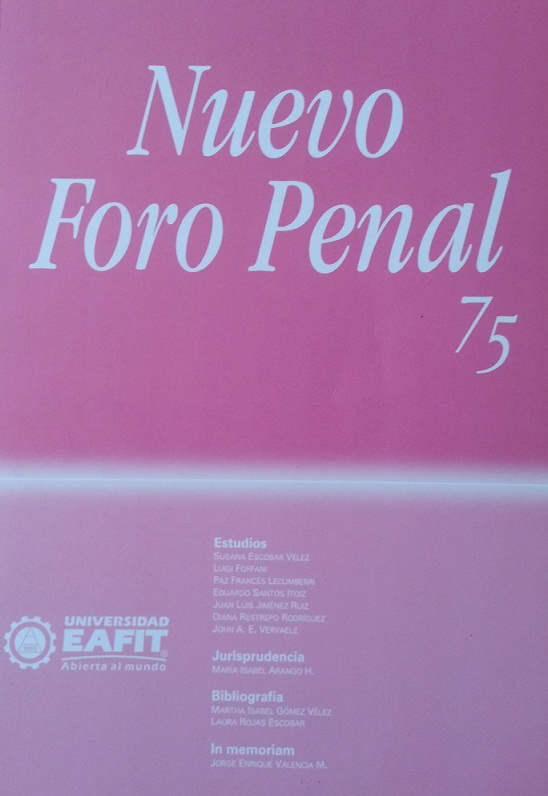The European Law Enforcement Agencies in a space of liberty, security and justice
Main Article Content
Keywords
European Law Enforcement Agencies, Europol, Eurojust, European Union, the principle of mutual recognition, The treaty of Lisbon
Abstract
Since the coming into force of the Maastricht Treaty, the European Community (EC) has expanded its integration policy, after the strengthening of the socio-economic and monetary integration, to crucial aspects of the justice and home affairs policies. Europe became a common space, without internal borders, based on common policies and shared values in which citizens and corporate bodies enjoy social and economic liberties in a context of freedom, security and justice and in which citizens derive transnational justice rights, beside the rights derived from european citizenship (see EU Charter on Fundamental Rights). However, Europe has great difficulty with the integration of justice aspects into the common policies, especially in the field of criminal justice. Weak political integration and appeals to Nation-State sovereignty go hand in hand with a political taboo concerning not only supranational criminal justice in the EU, but also the regulation of transnational criminal justice matters or the harmonisation of domestic criminal justice.

